RBcare 20mg Tablet contains rabeprazole sodium, a proton pump inhibitor (PPI) that reduces stomach acid production. This medication effectively treats various gastrointestinal conditions including ulcers, gastroesophageal reflux disease (GERD), and Zollinger-Ellison syndrome in adults.
Uses
RBcare 20mg Tablet decreases stomach acid production, allowing healing of stomach and intestinal ulcers while preventing esophageal damage from acid reflux. It’s used to treat duodenal ulcers, gastric ulcers, heartburn, GERD, and prevents damage from excessive acid levels. RBcare is also part of triple therapy for Helicobacter pylori infection.
Benefits
- Provides rapid relief from heartburn and acid reflux symptoms
- Promotes healing of damaged esophageal tissue
- Effectively treats gastric and duodenal ulcers
- Prevents recurrence of ulcers when used as maintenance therapy
- Relieves symptoms of GERD including regurgitation
- Works as part of combination therapy for H. pylori eradication
- Manages hypersecretory conditions like Zollinger-Ellison syndrome
- Offers once-daily dosing for better compliance
- Well-tolerated compared to many other acid-reducing medications
How It Works
RBcare works by irreversibly binding to and inhibiting the hydrogen-potassium adenosine triphosphatase enzyme system (the proton pump) on the surface of gastric parietal cells. This blocks the final step of acid production, reducing stomach acid levels by up to 90%. Lower acid levels allow damaged tissues to heal naturally and reduce symptoms caused by excess acid.
Dosage
| Condition |
Standard Dosage |
Treatment Duration |
| GERD |
20mg once daily |
4-8 weeks, plus maintenance |
| Duodenal/Gastric Ulcers |
20mg once daily |
4-6 weeks |
| H. pylori Triple Therapy |
20mg twice daily |
7 days |
Take RBcare 20mg tablet once daily, swallowed whole either before eating or without regard to meals. Do not chew or crush tablets for best absorption.
Duration of Action
RBcare begins reducing acid production within 1 hour of administration, with maximum effect occurring within 2-4 hours. A single dose suppresses gastric acid secretion for 24 hours, allowing once-daily dosing. Full therapeutic effect for conditions like GERD typically requires several days of continuous treatment.
Side Effects
Most patients tolerate RBcare well. Common side effects include headache, diarrhea, nausea, stomach pain, or dizziness. Less common effects include flatulence, insomnia, or rash. Long-term use may increase risk of vitamin B12 deficiency, bone fractures, or kidney problems. Most side effects are mild and transient.
Warning
Long-term use of proton pump inhibitors like RBcare may increase the risk of stomach infections, bone fractures, and vitamin/mineral deficiencies. Seek medical attention if experiencing severe abdominal pain, persistent diarrhea, or signs of allergic reaction. RBcare may mask symptoms of more serious gastrointestinal conditions including gastric cancer.
Pregnancy and Breastfeeding
Limited data exists on RBcare use during pregnancy. It should be used only when clearly needed and when potential benefits outweigh possible risks. Rabeprazole passes into breast milk in small amounts. Consult your healthcare provider before using RBcare while breastfeeding.
Interaction
- May decrease absorption of medications requiring stomach acid (antifungals, HIV medications)
- Potential interaction with blood thinners like warfarin
- May affect metabolism of certain medications processed by liver enzymes
- Possible reduced effectiveness when taken with St. John’s Wort
- Antacids may reduce absorption if taken simultaneously
Precaution
Use with caution in patients with liver disease as dosage adjustment may be needed. Prolonged use may increase risk of Clostridium difficile infection. Regular monitoring for bone density and vitamin B12 levels recommended for long-term users. Tell your doctor about all medications you take before starting RBcare.
Important Information
RBcare provides symptomatic relief but does not address underlying causes of acid reflux or ulcers. Lifestyle modifications including dietary changes, weight management, and avoiding triggers are important complementary approaches. Follow-up with healthcare provider is essential to monitor progress. Store at room temperature away from moisture. Report persistent or worsening symptoms to your doctor.

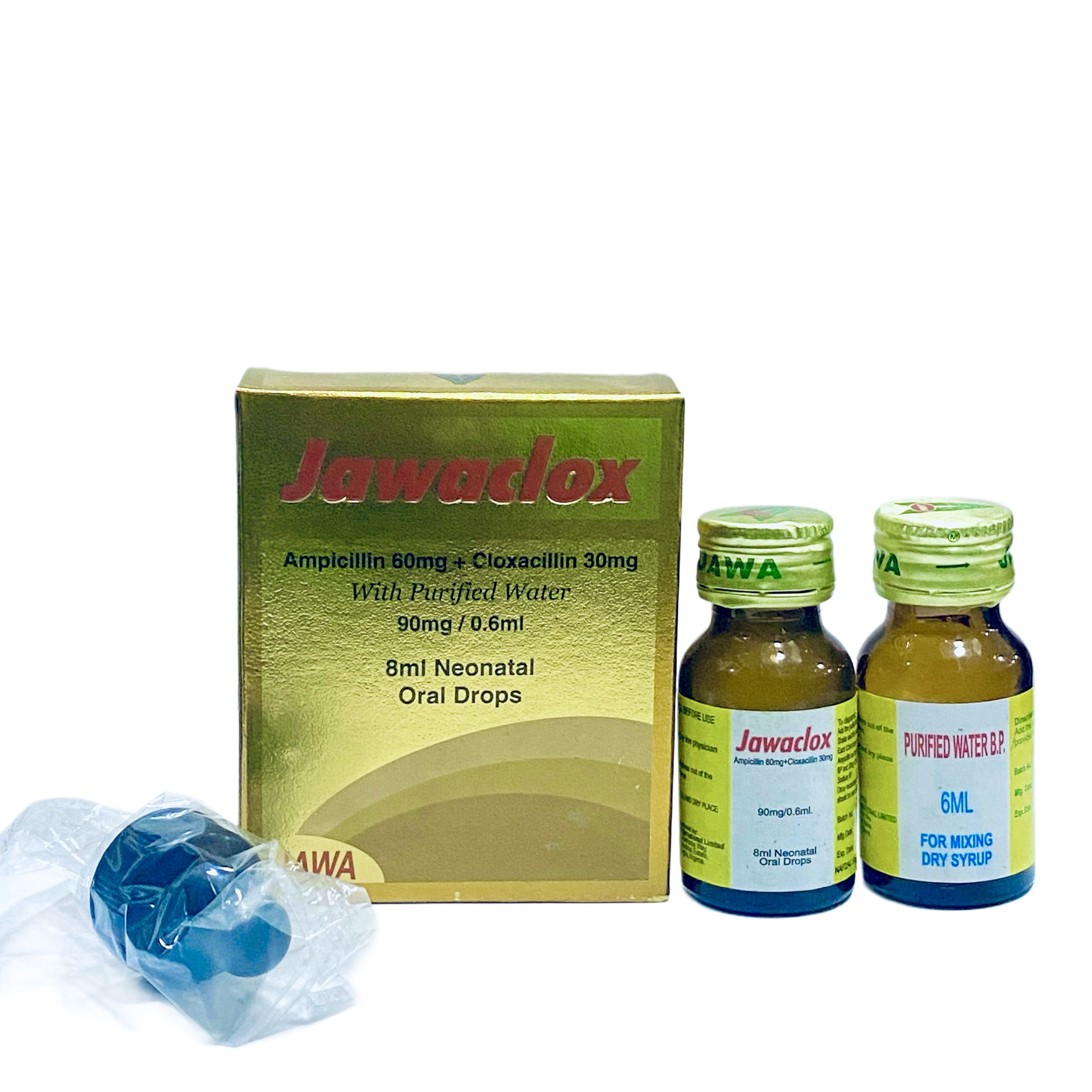
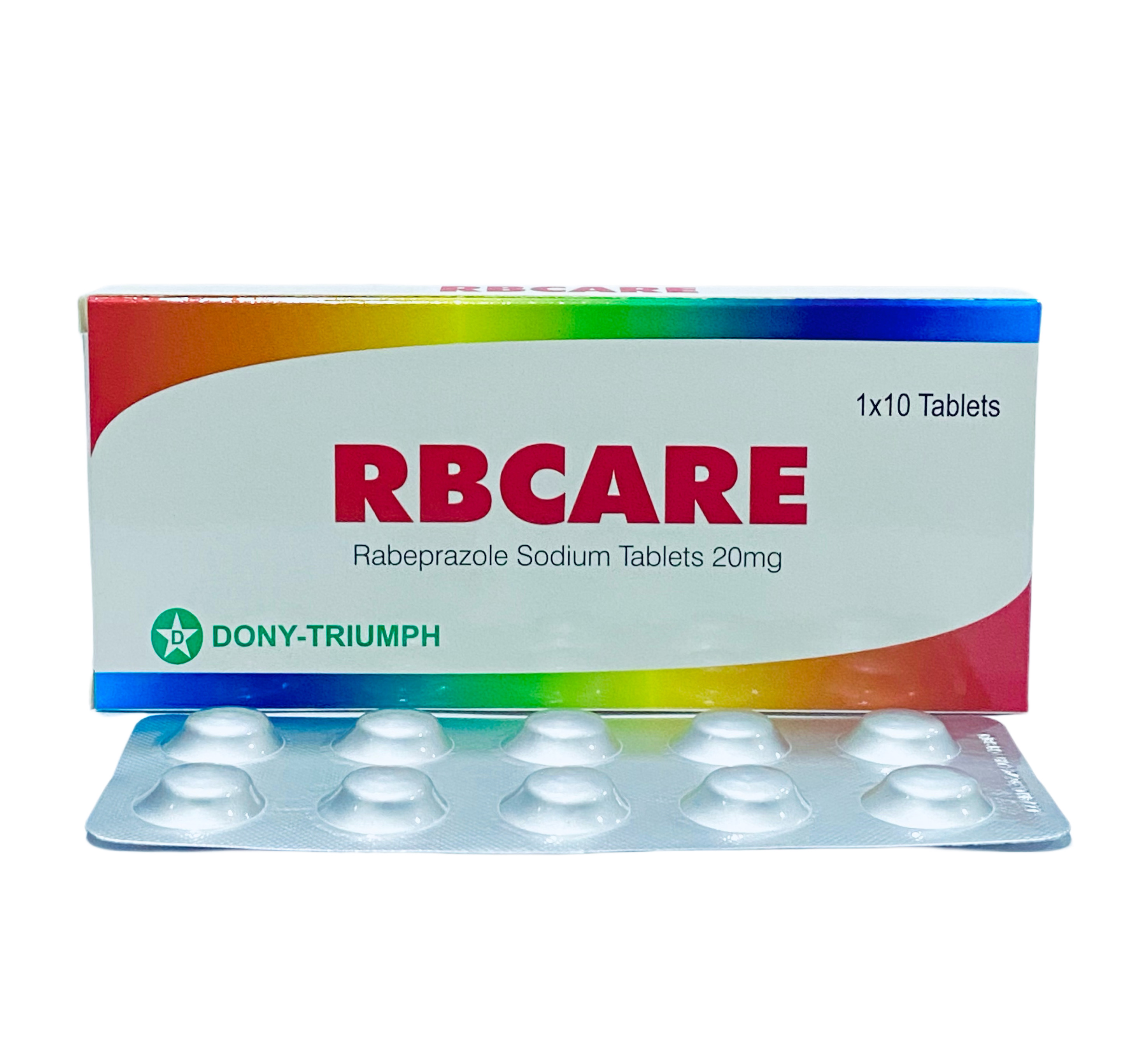
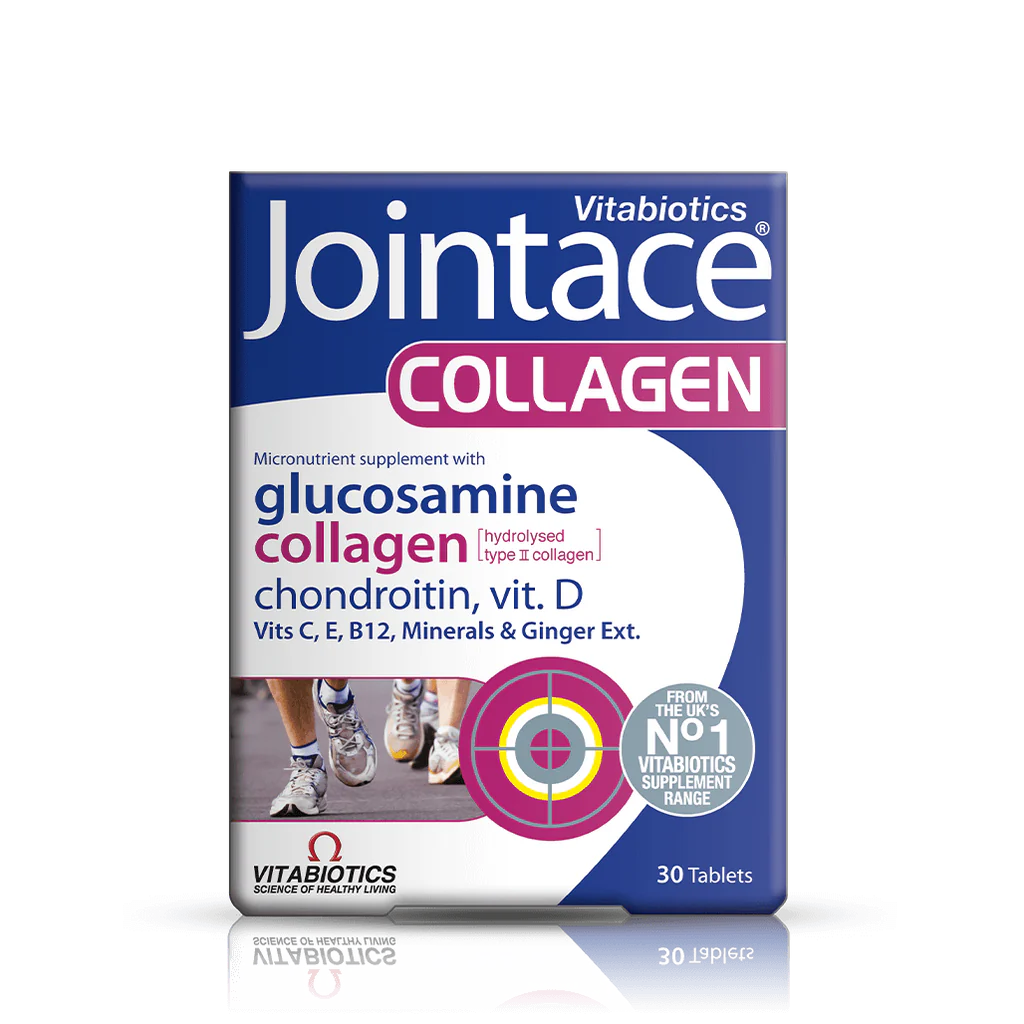
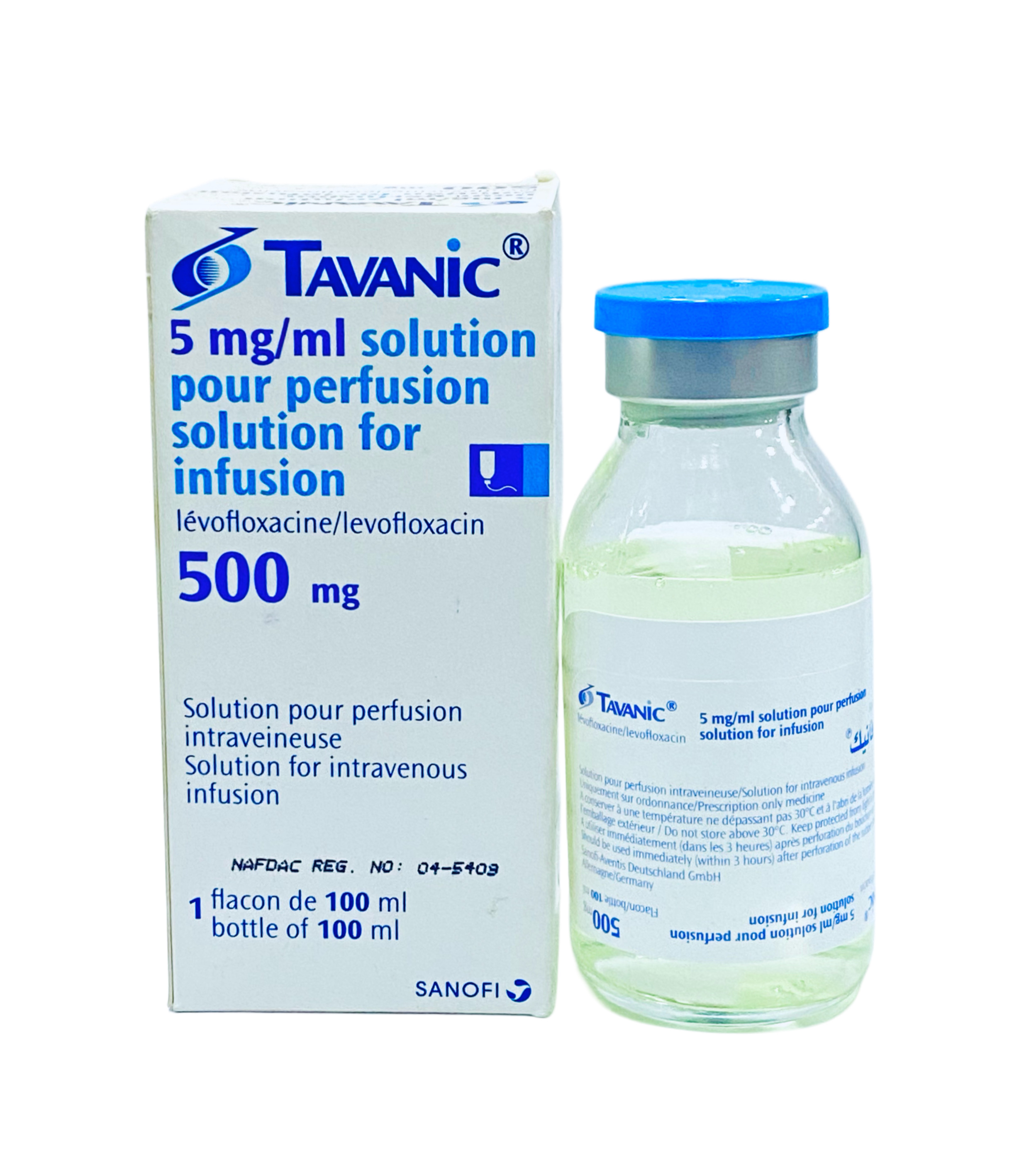
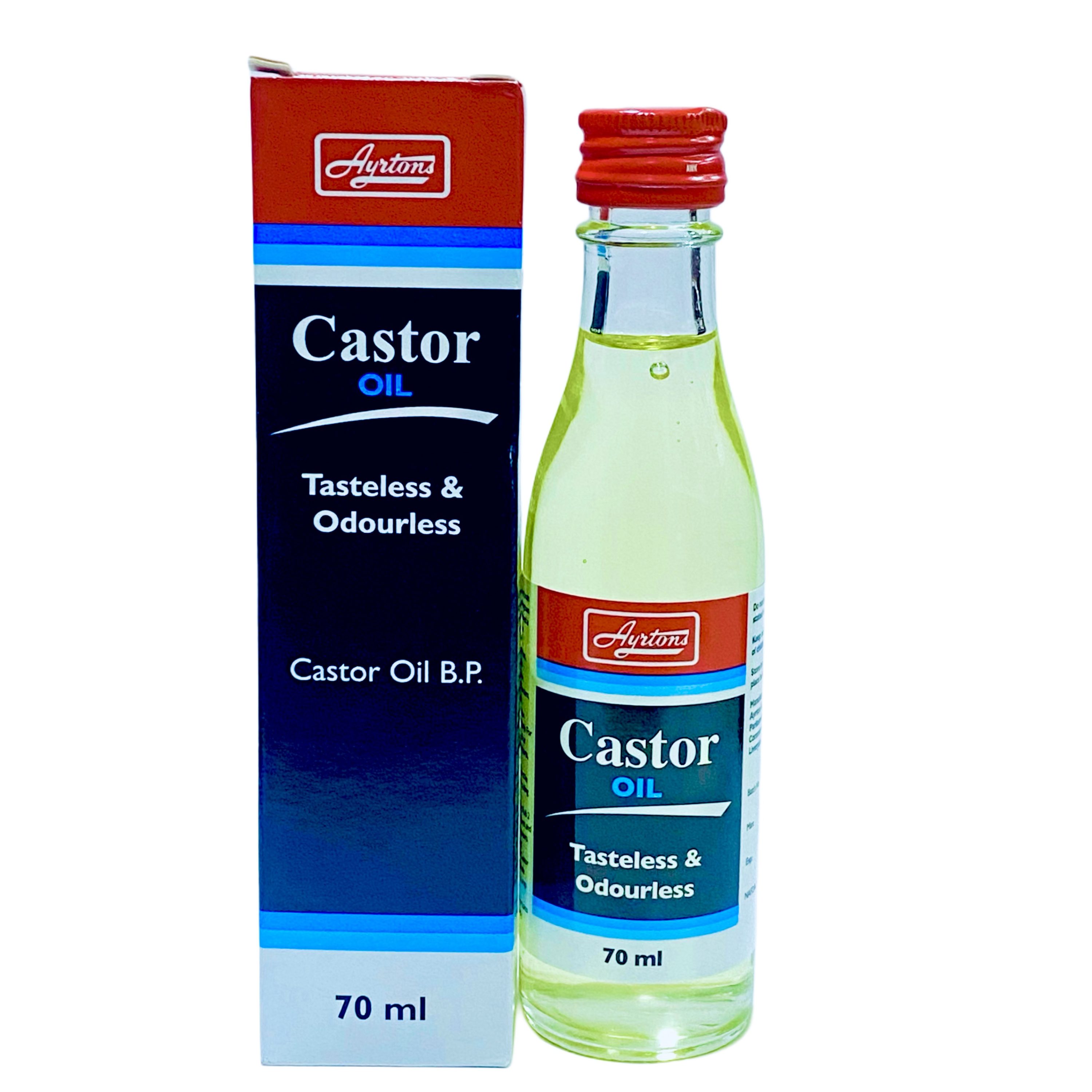
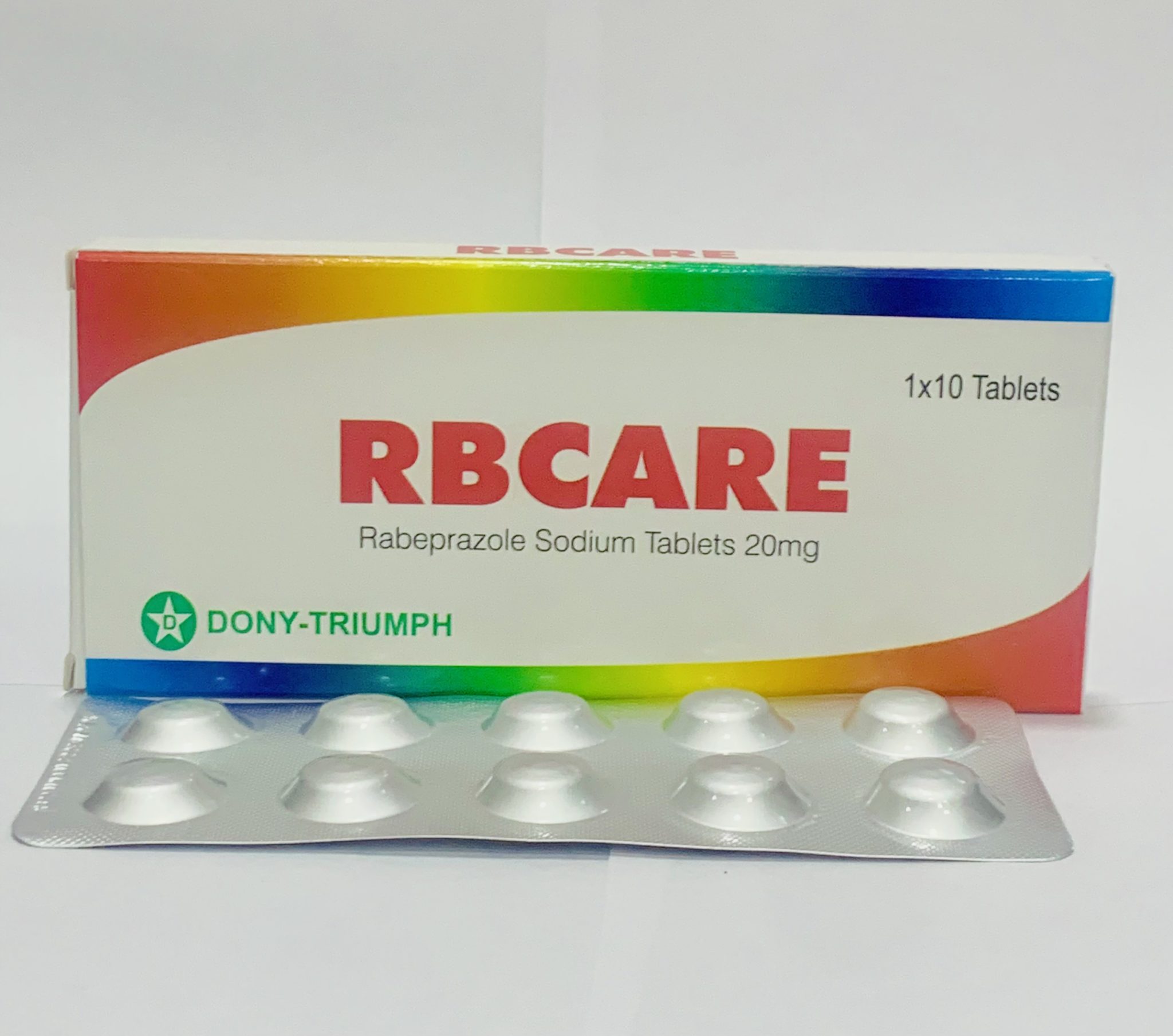
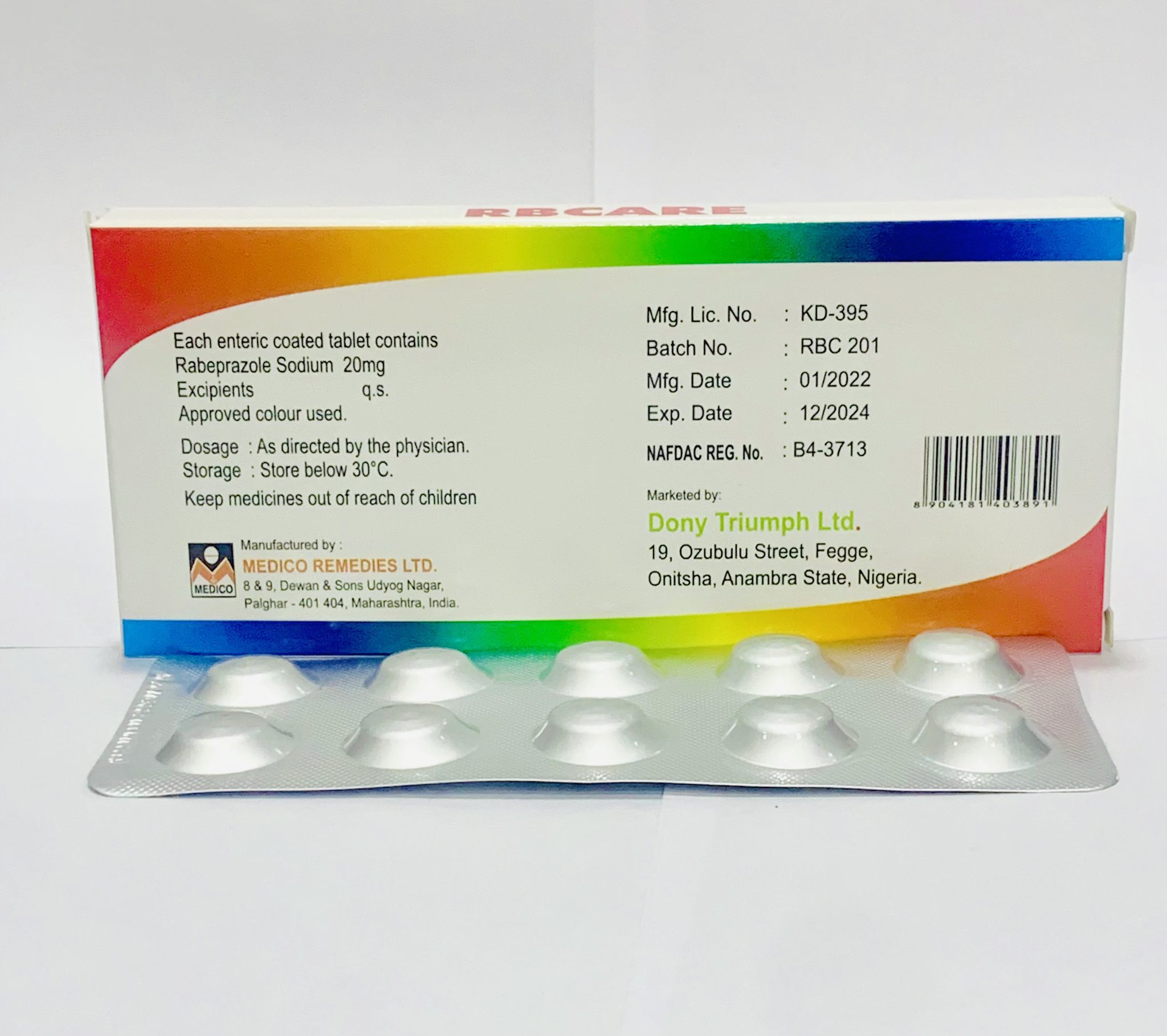
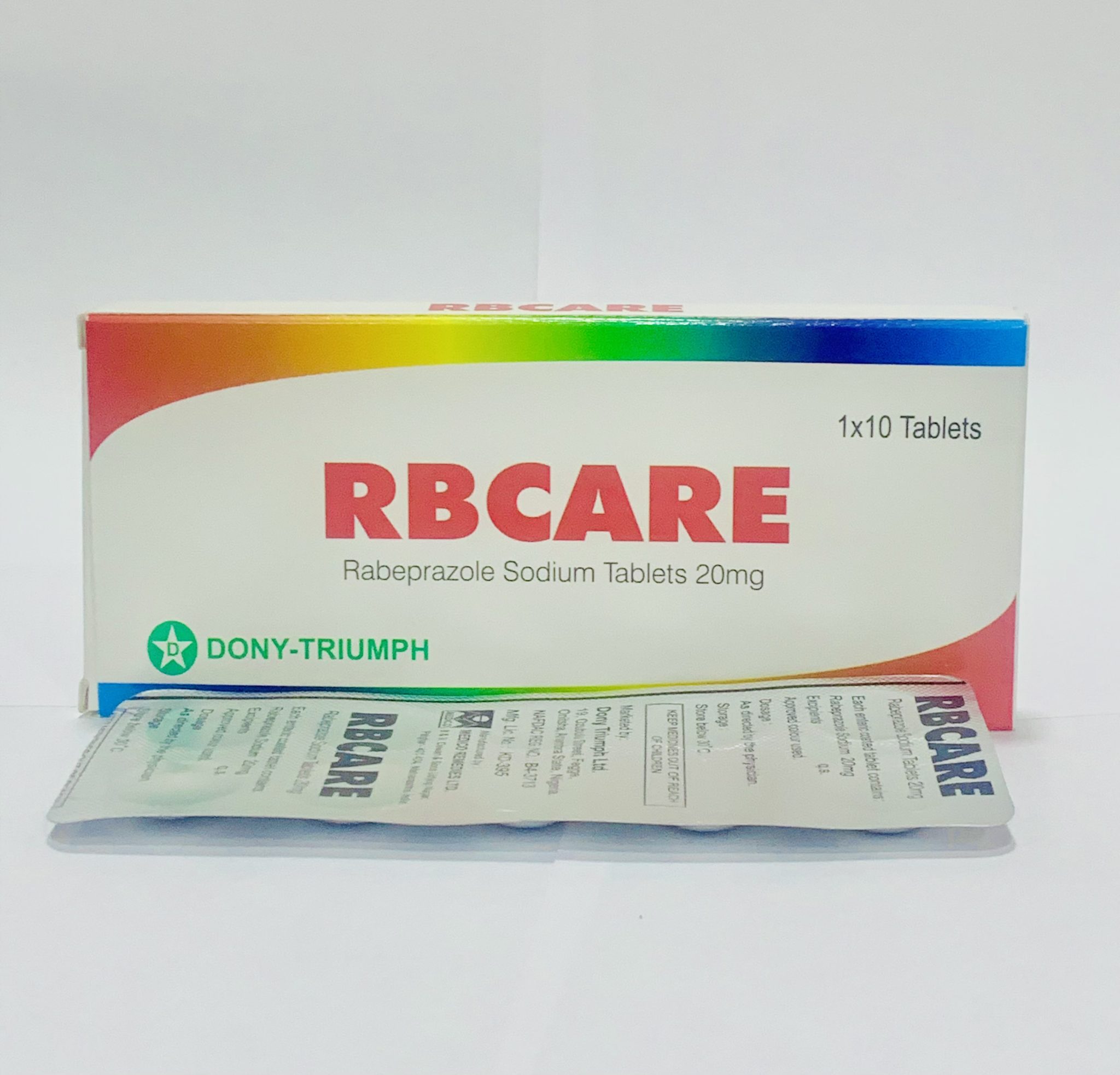
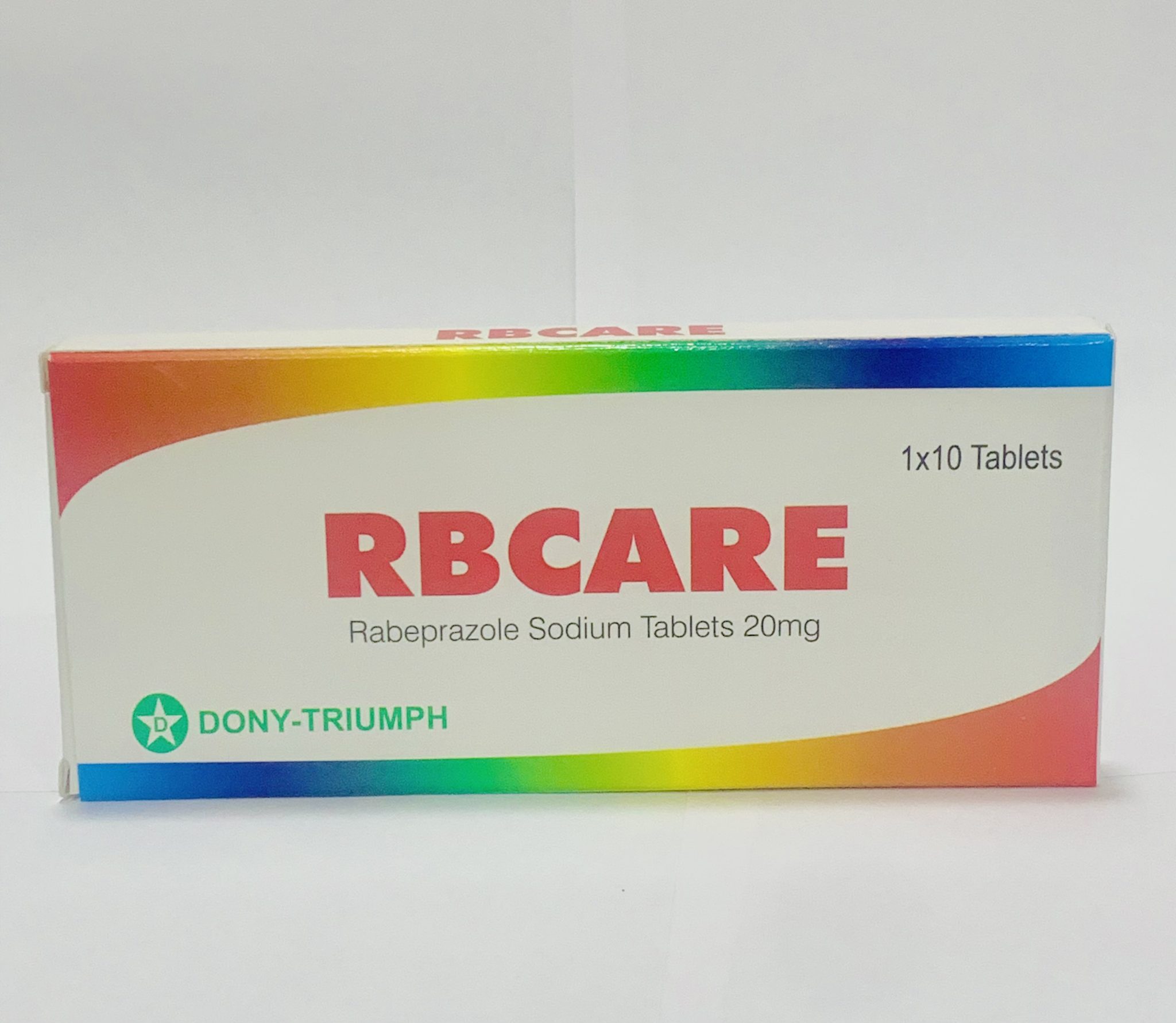
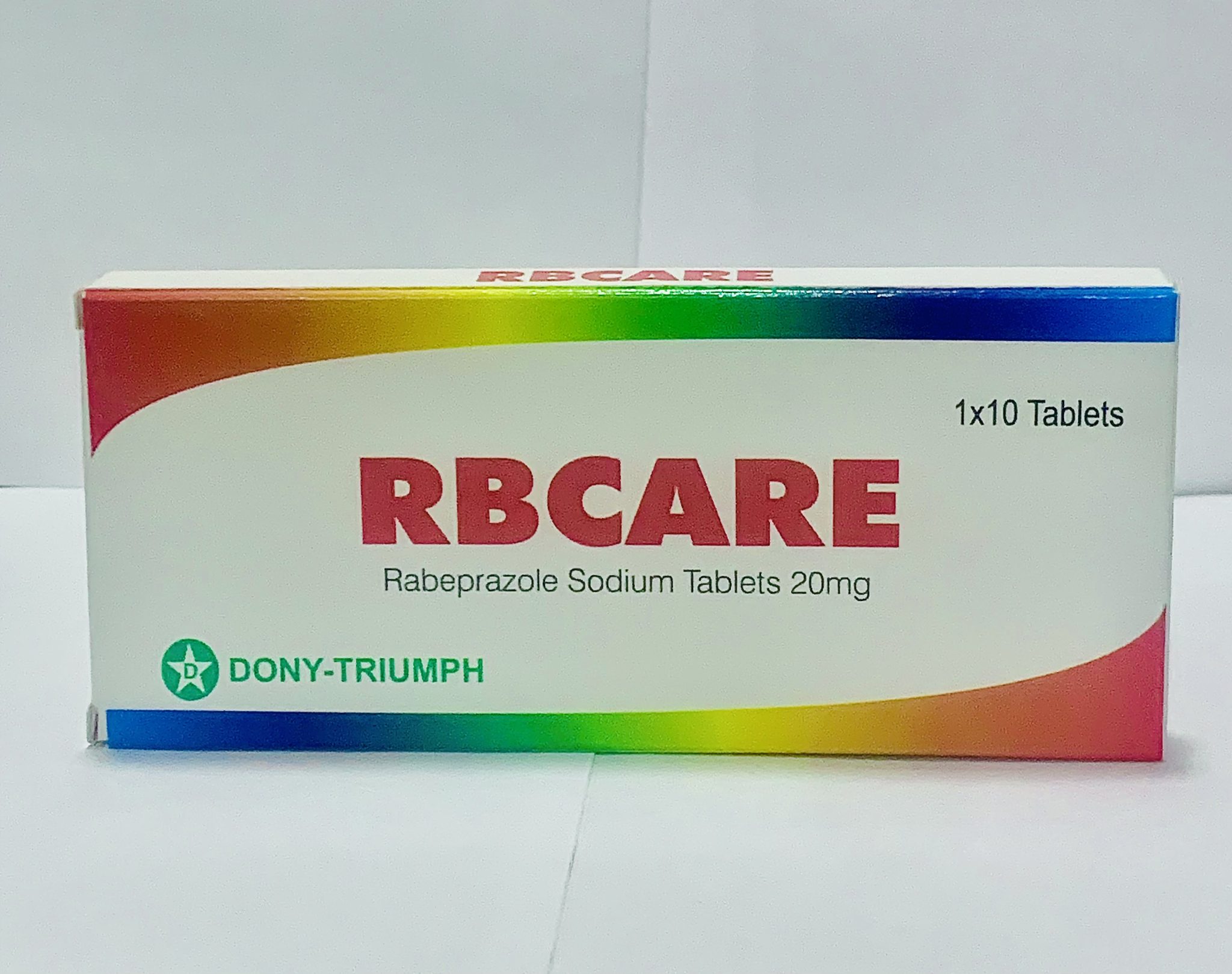
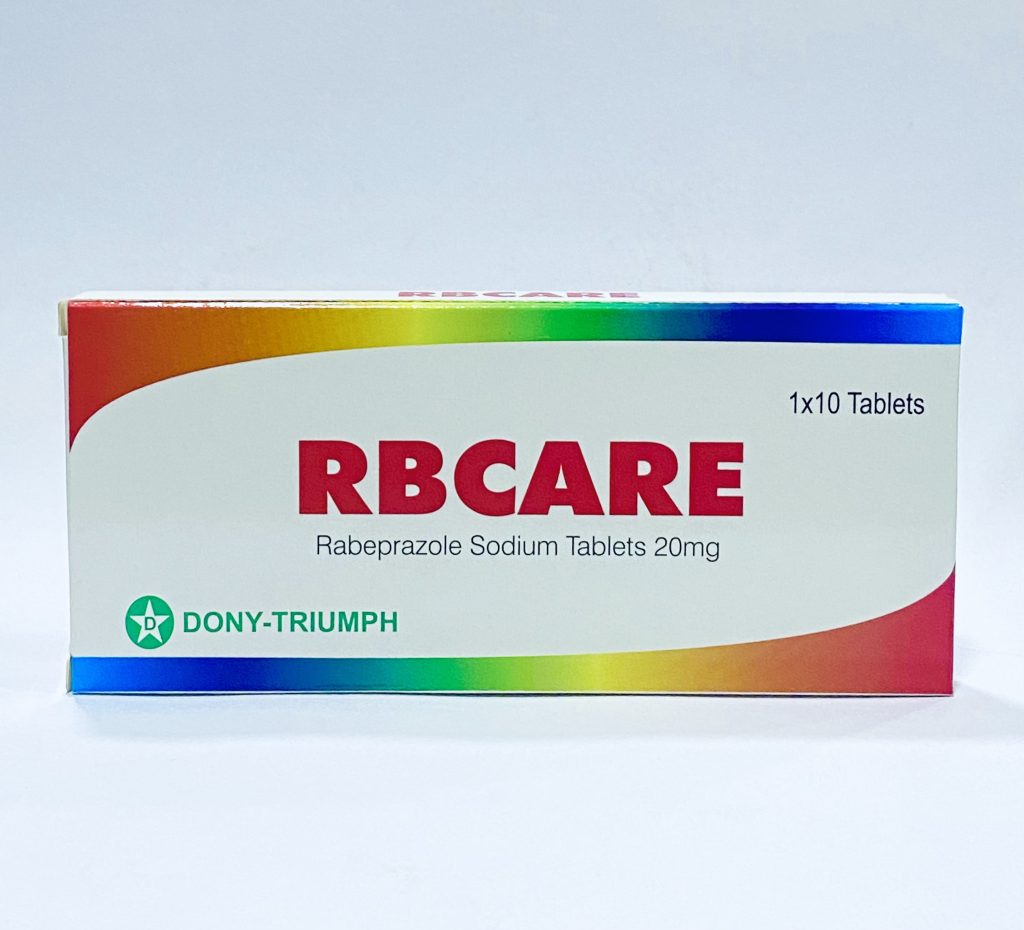


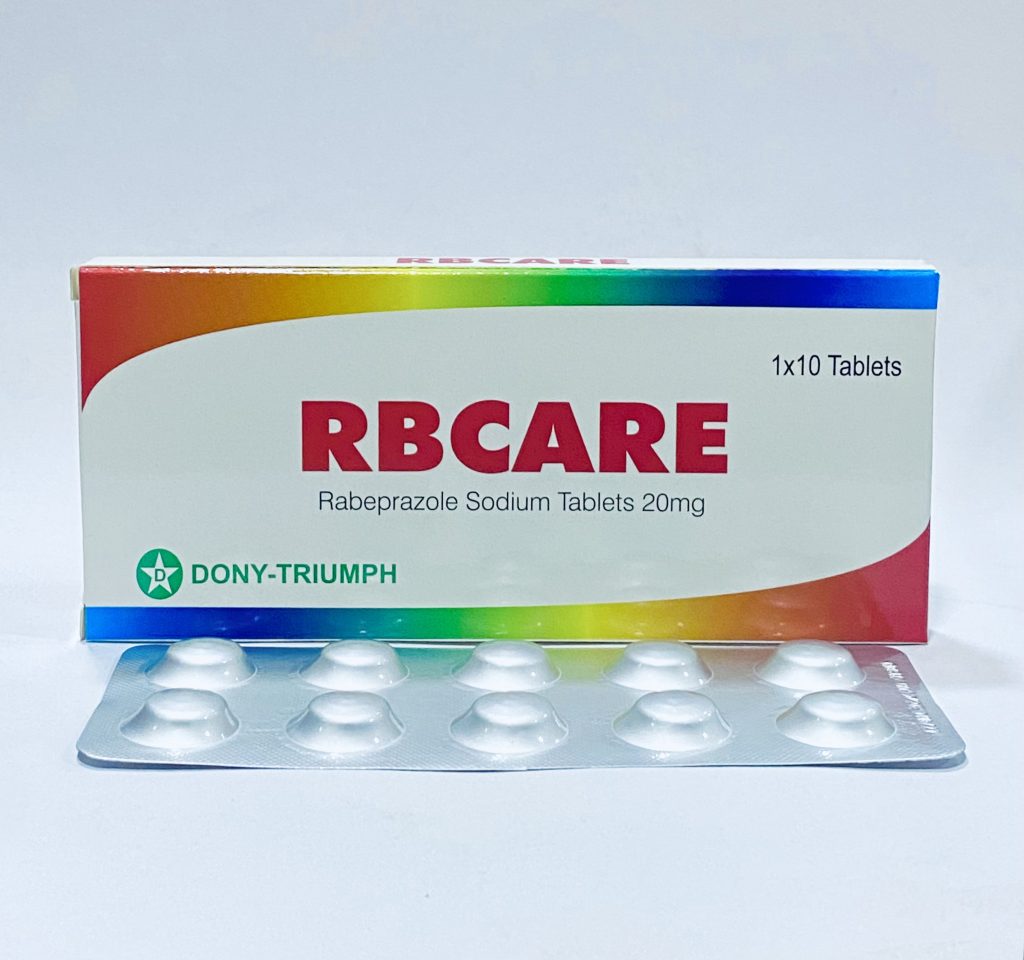
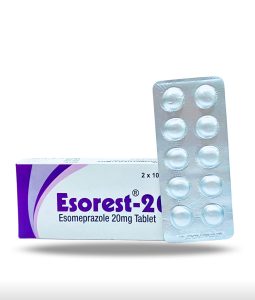

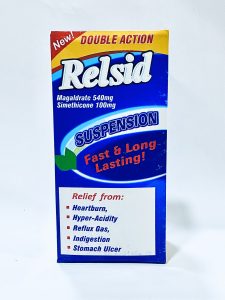
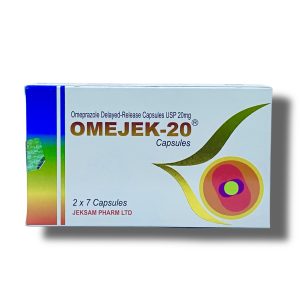
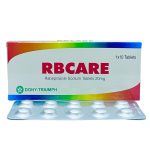

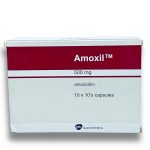
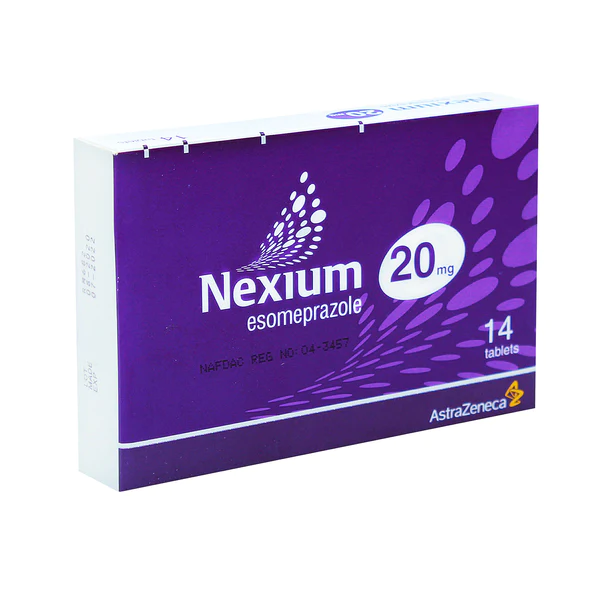
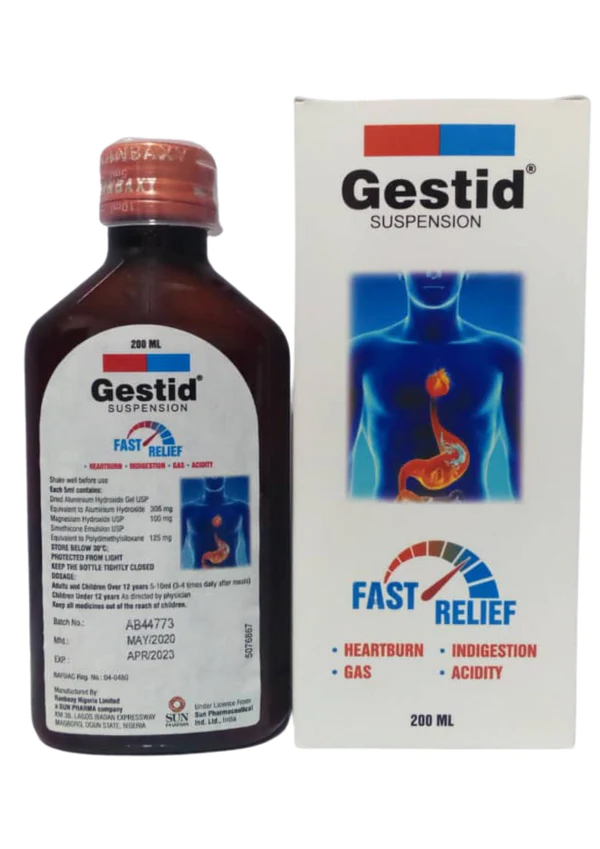
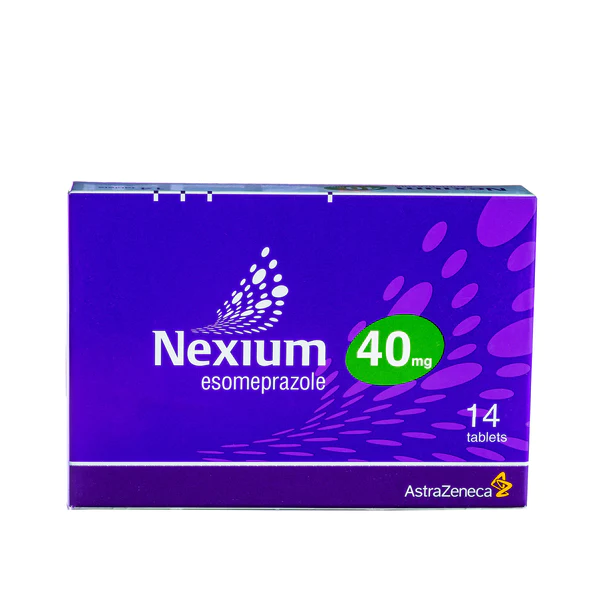
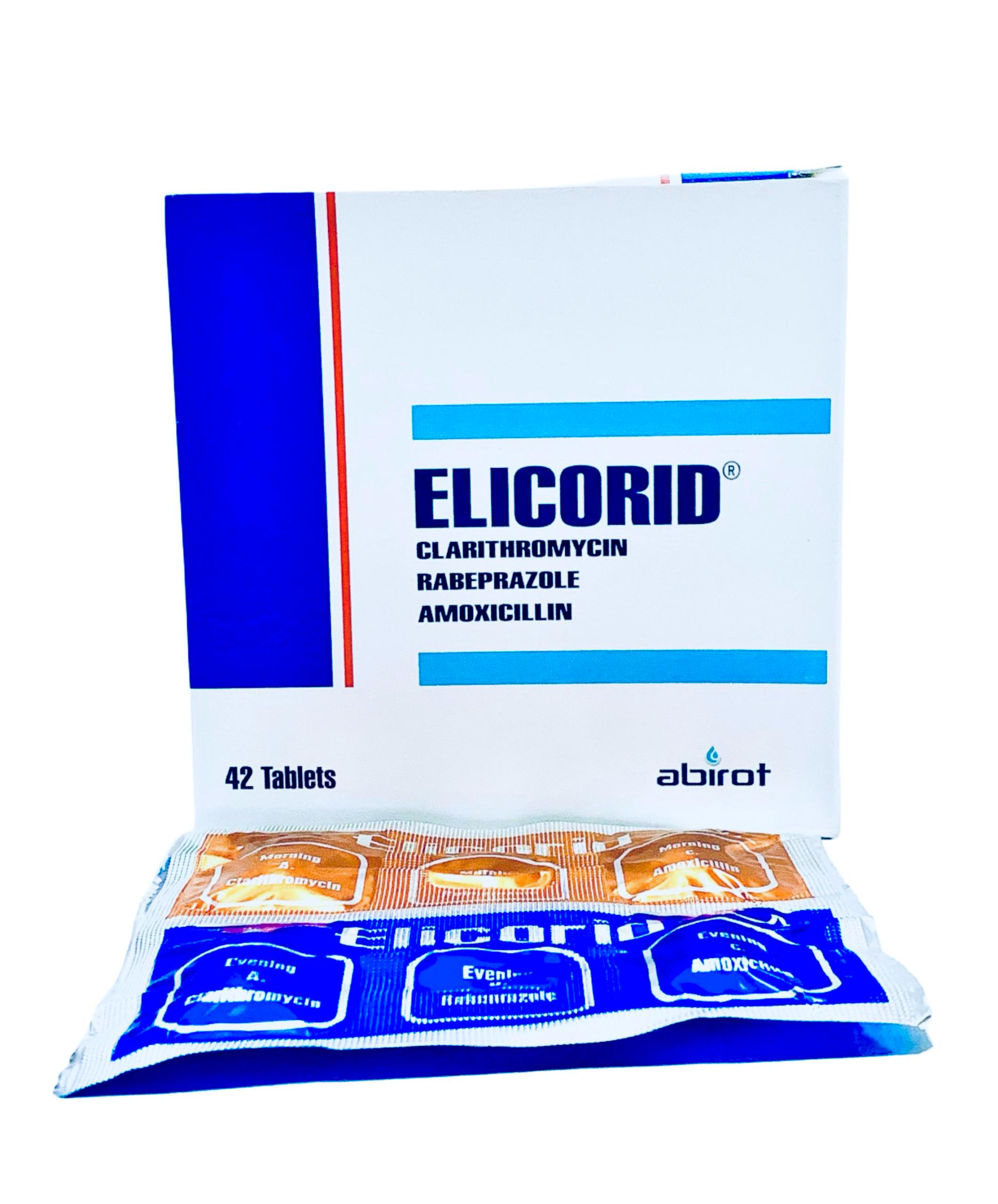
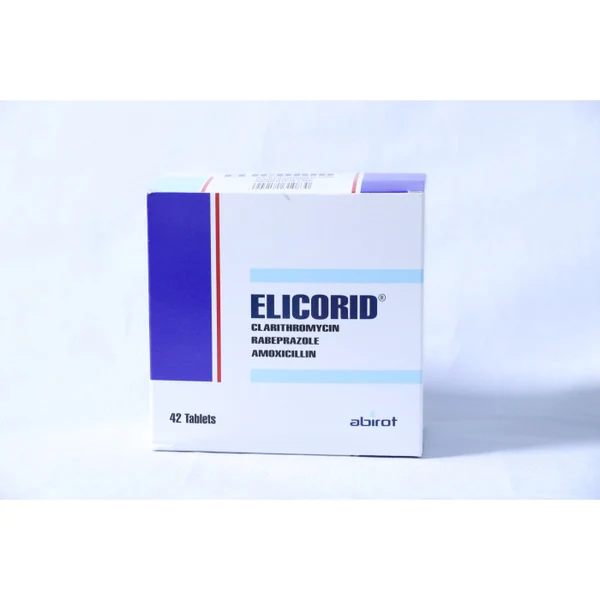
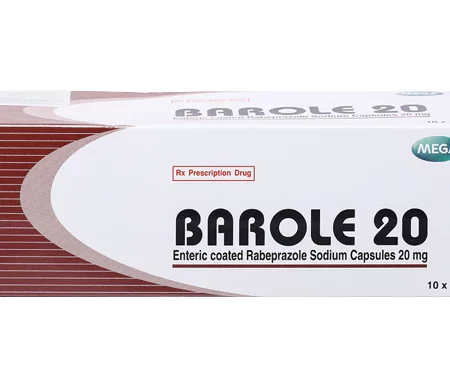
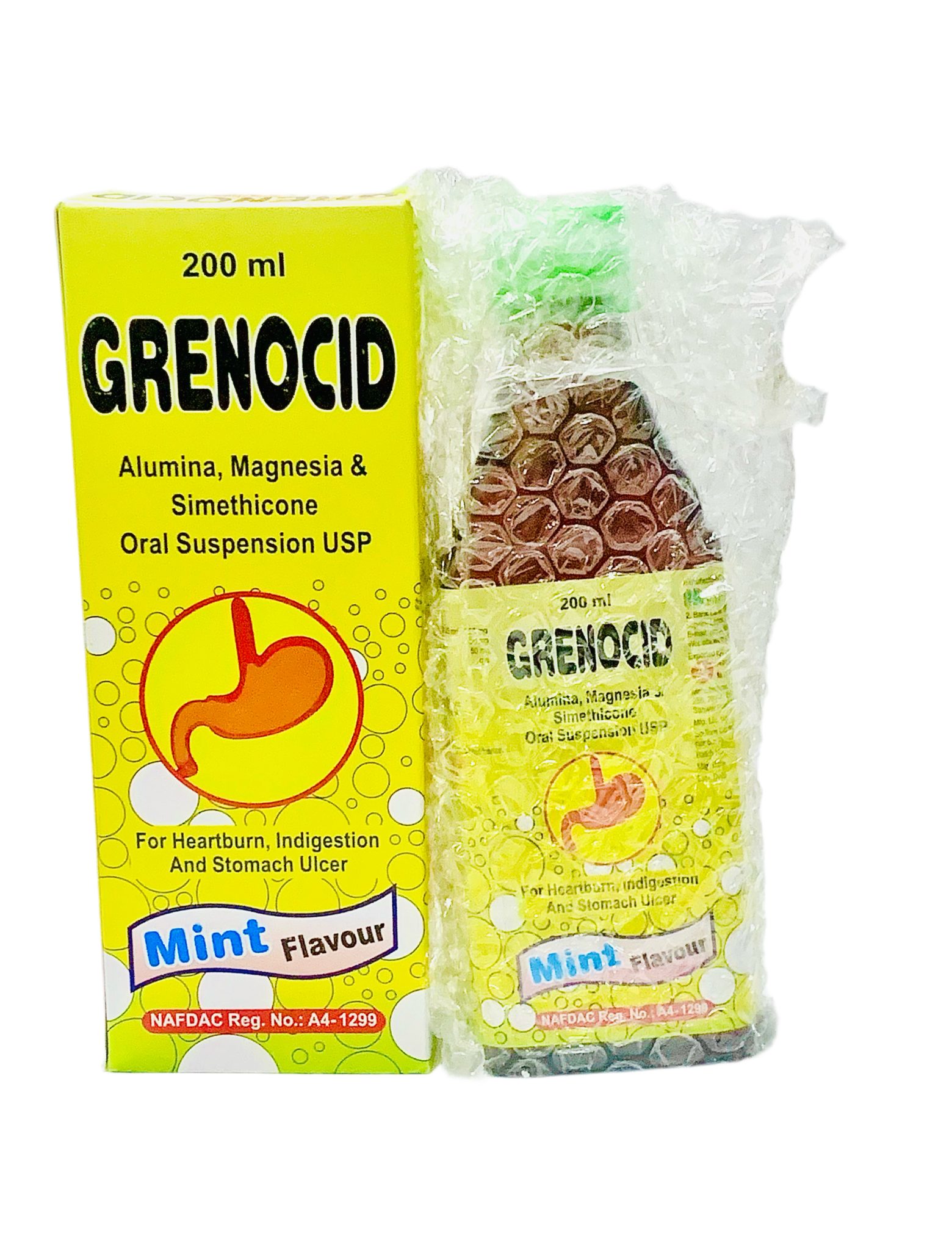
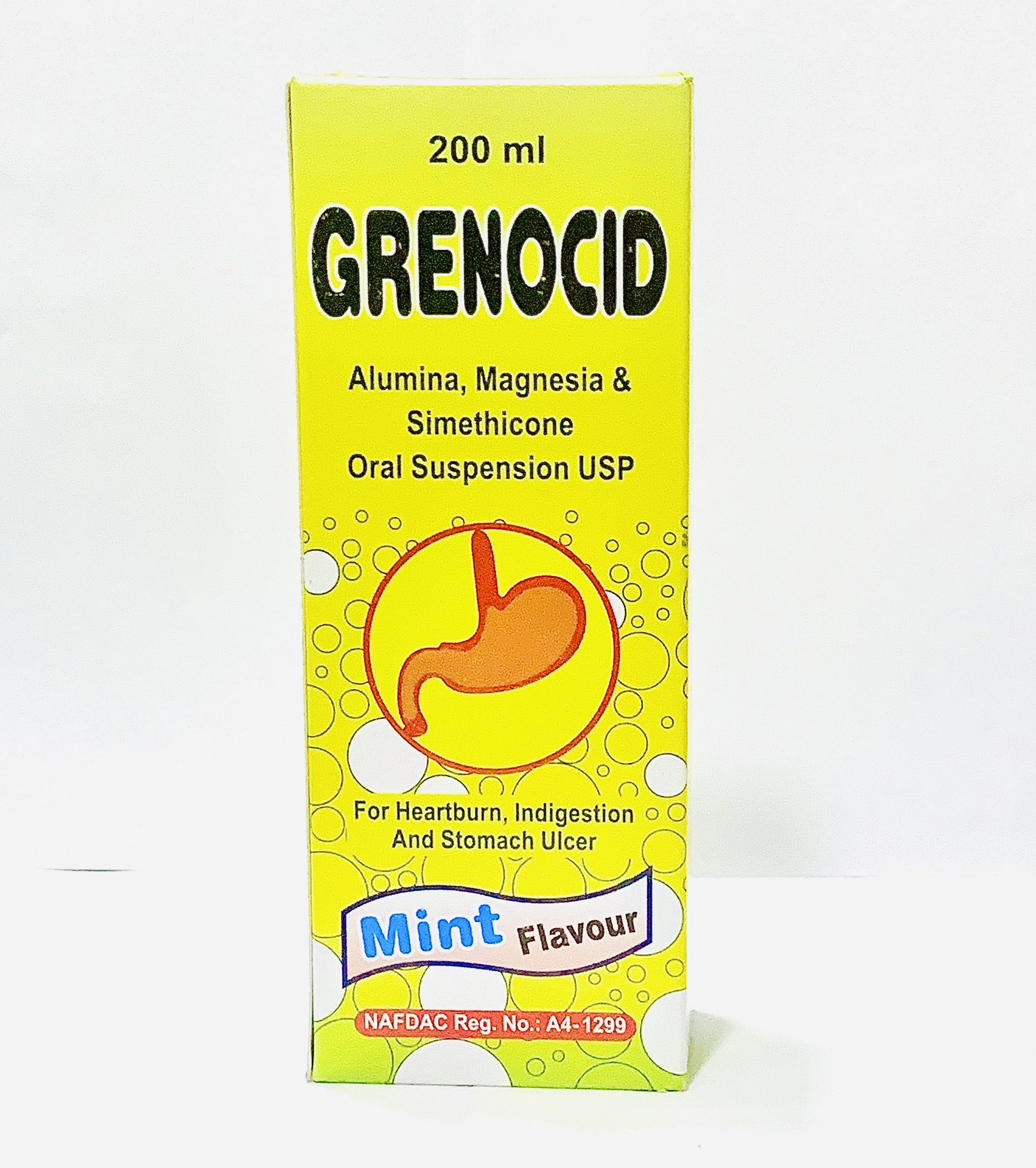
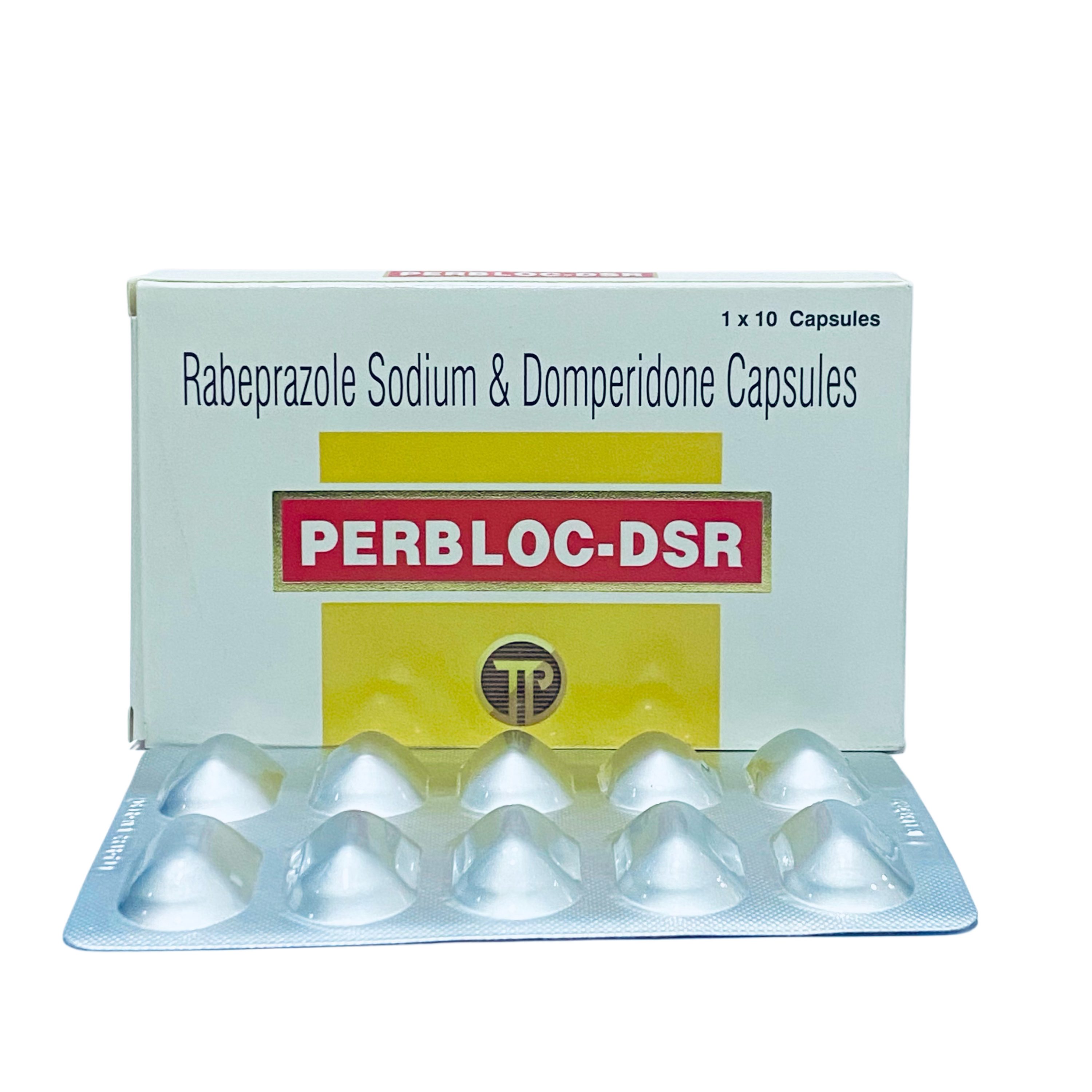
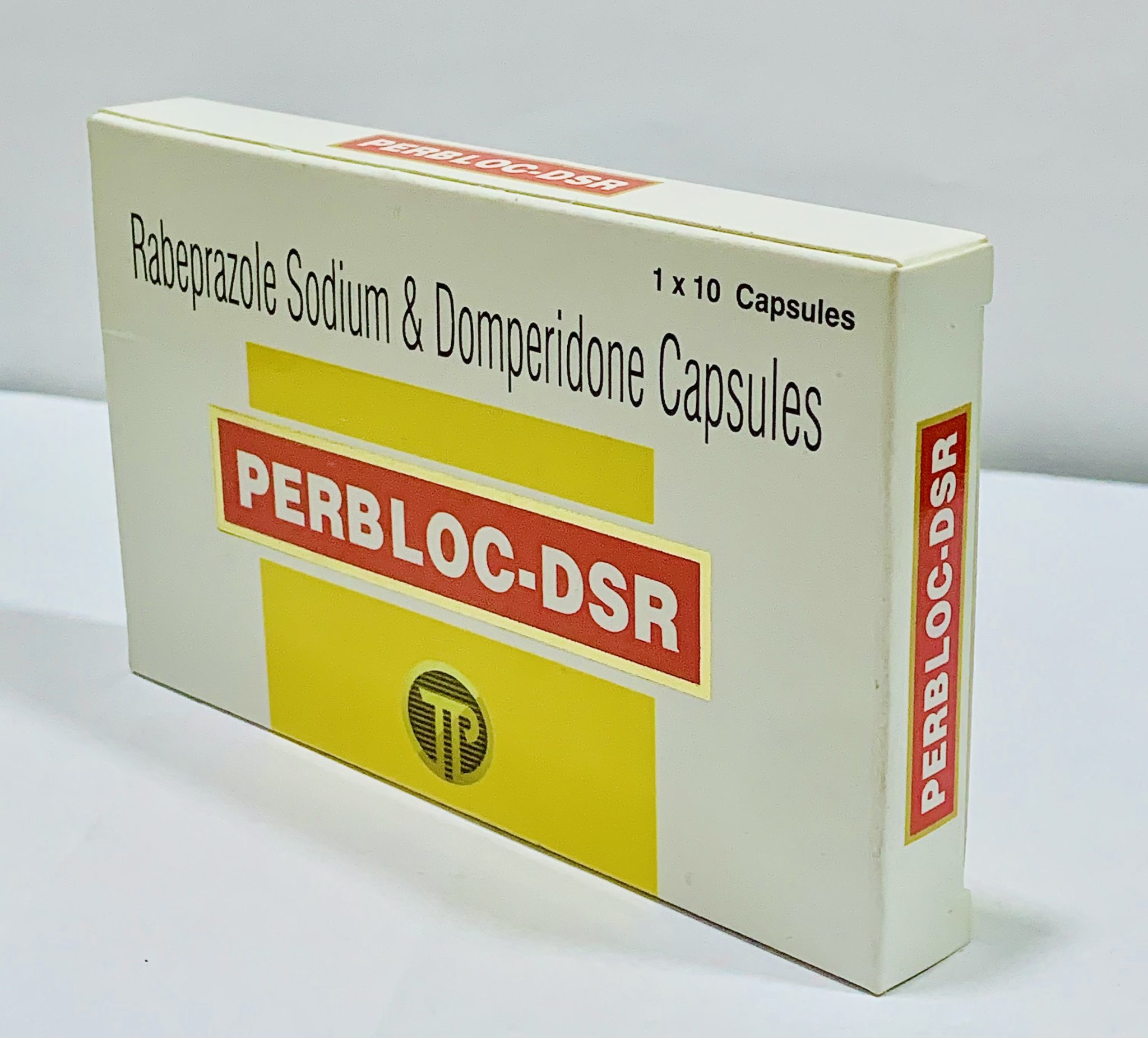
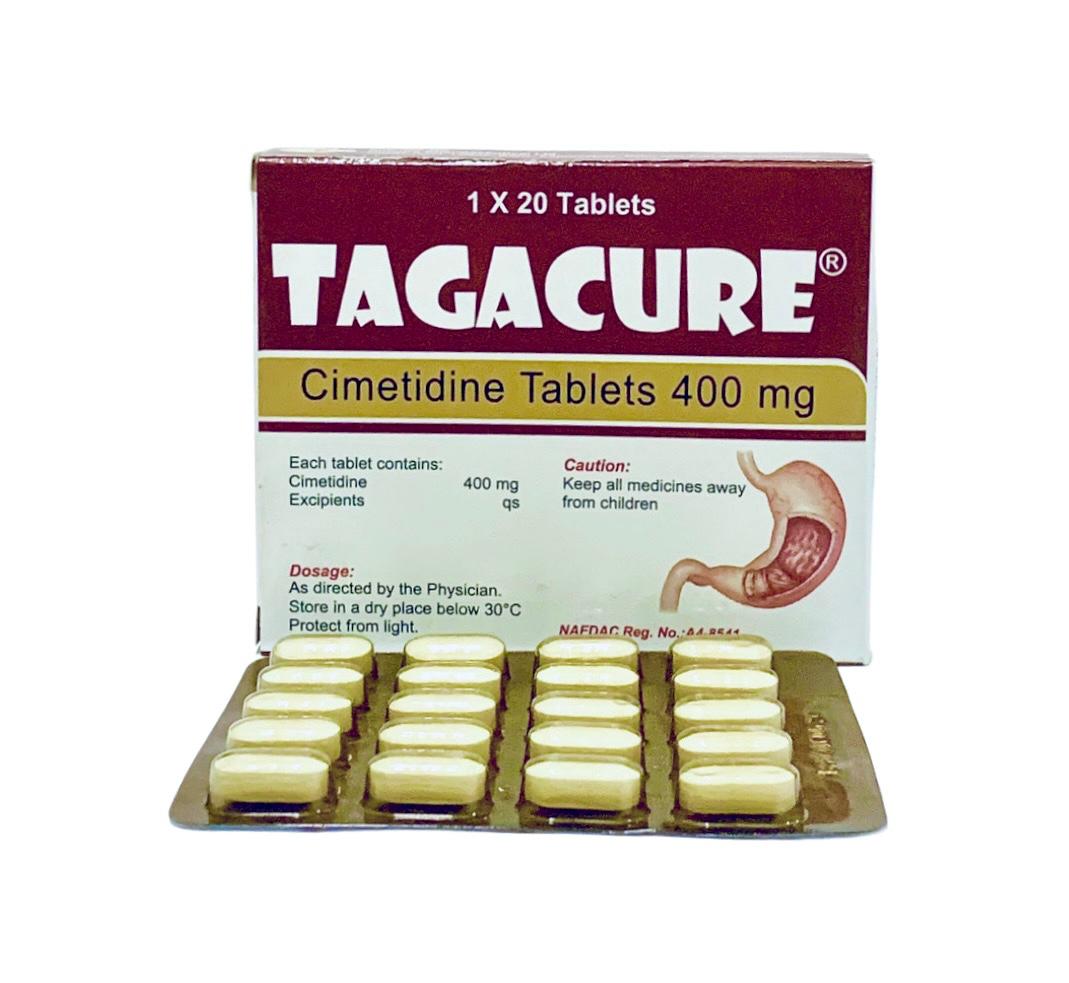
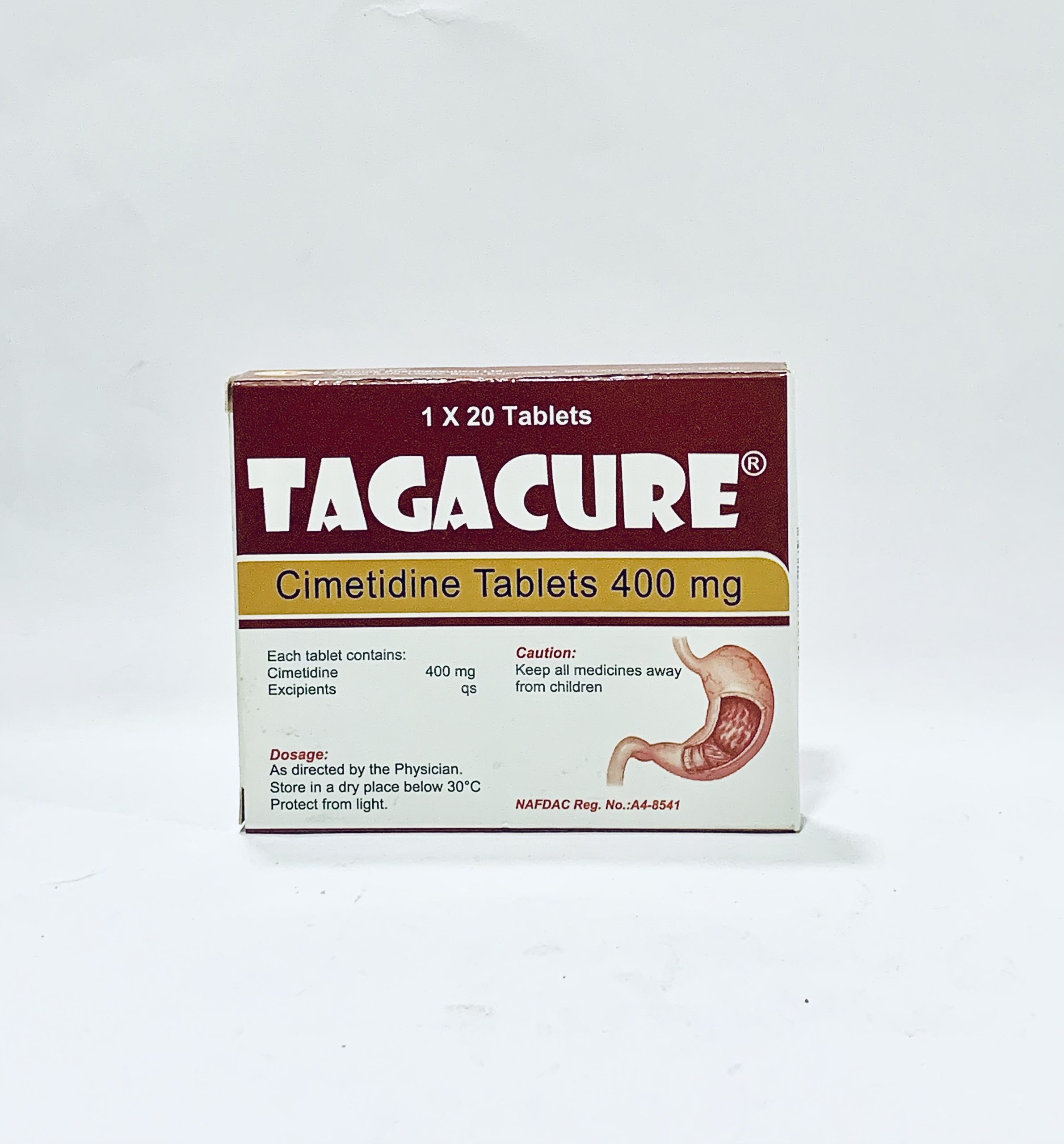
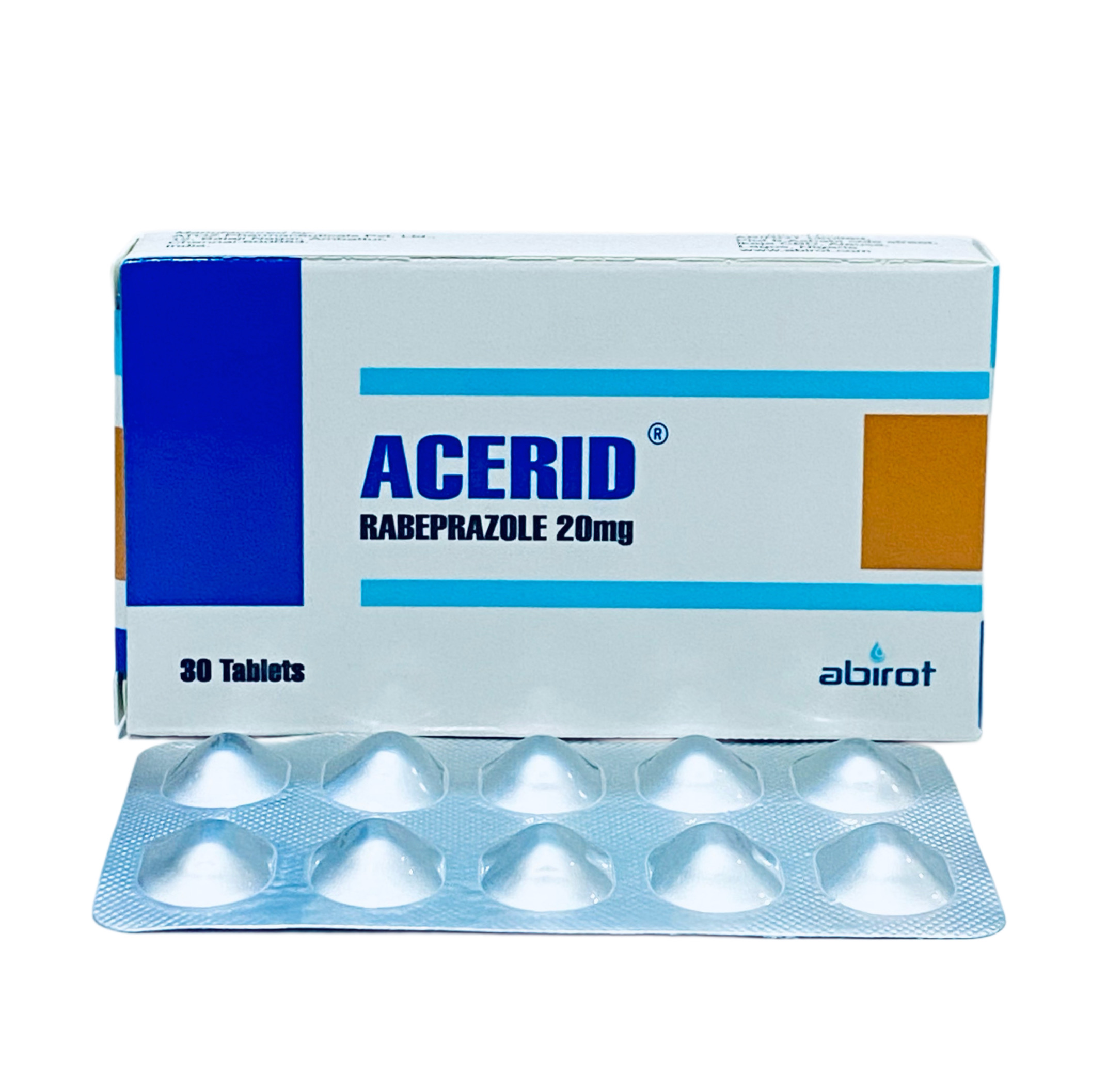
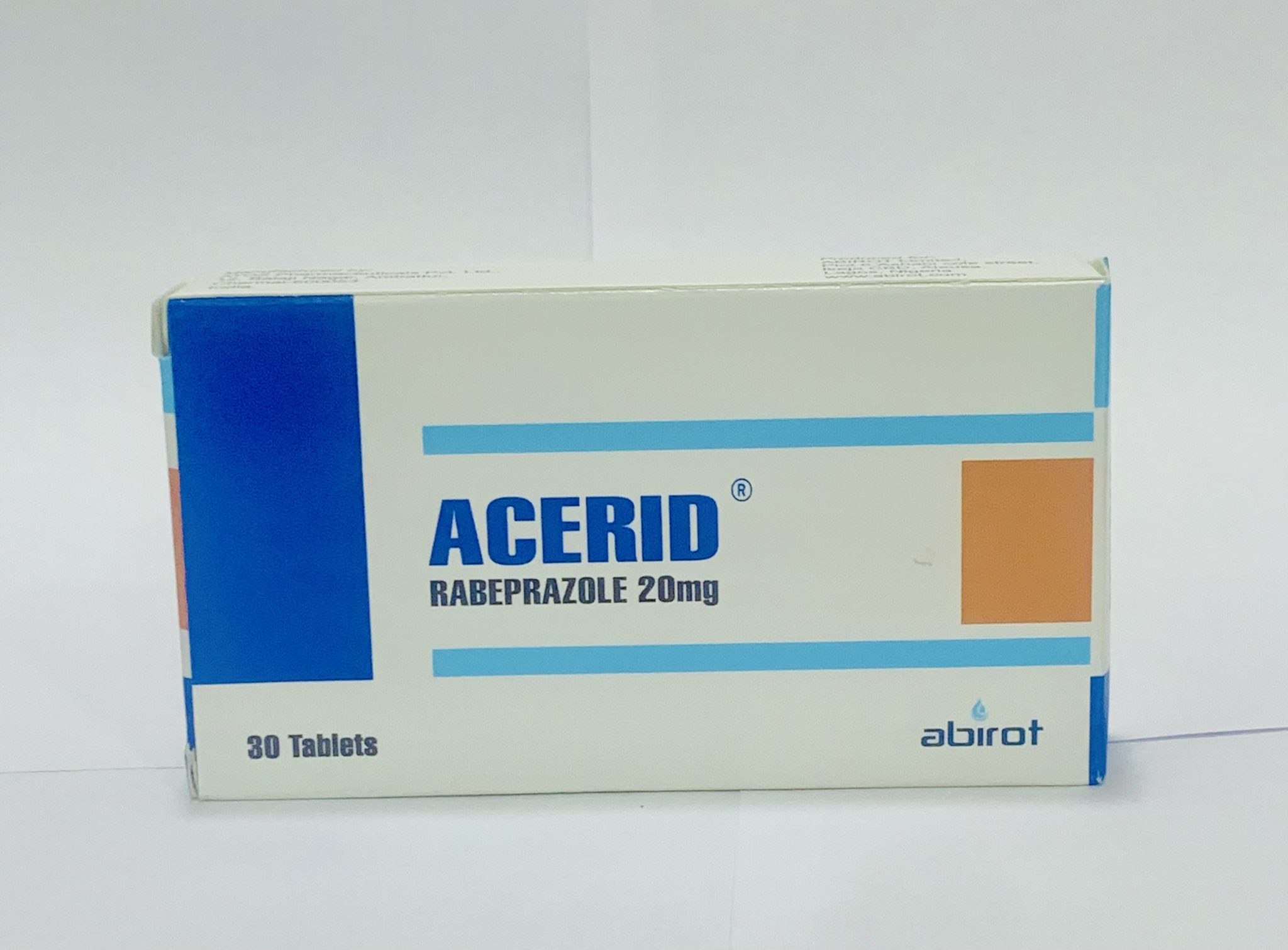
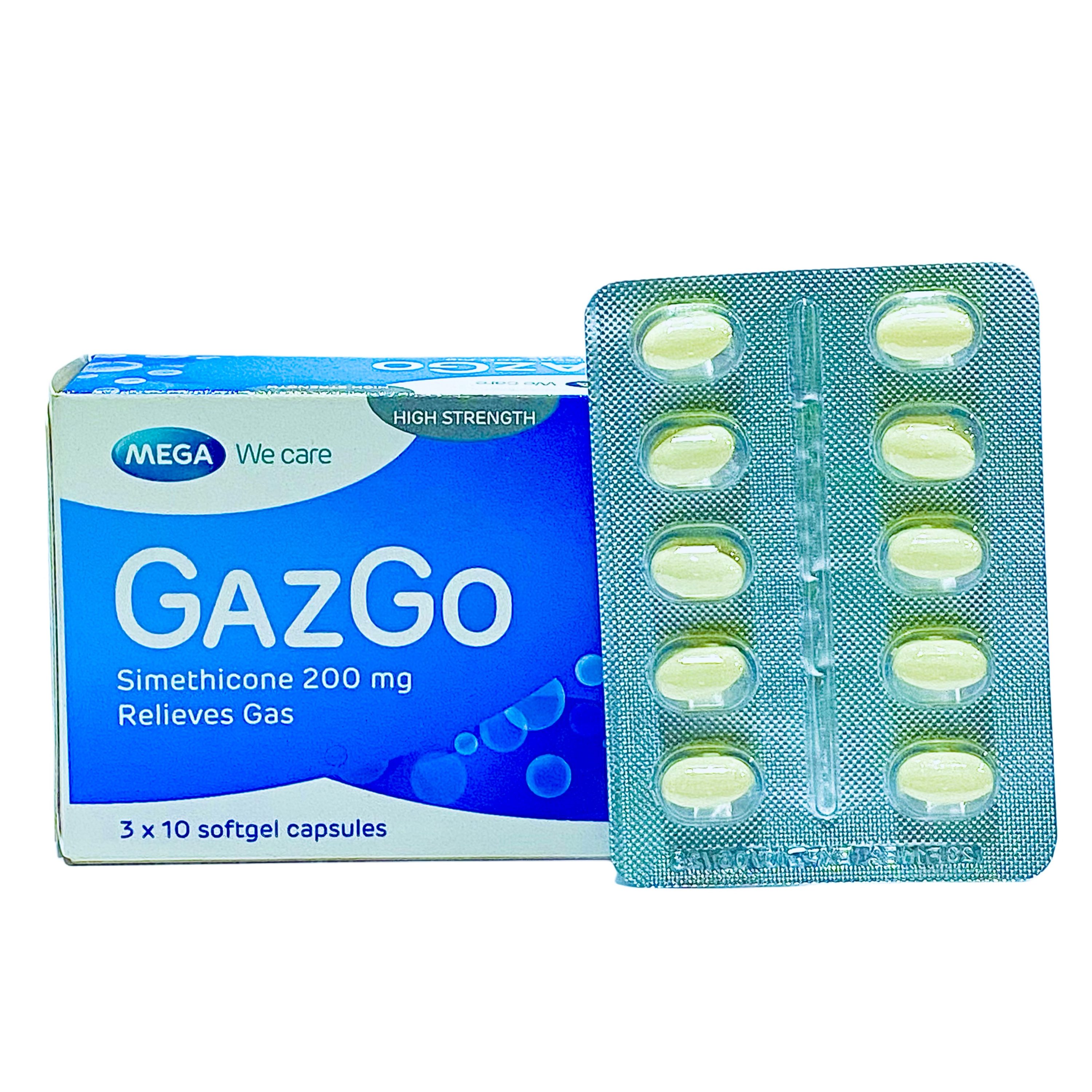

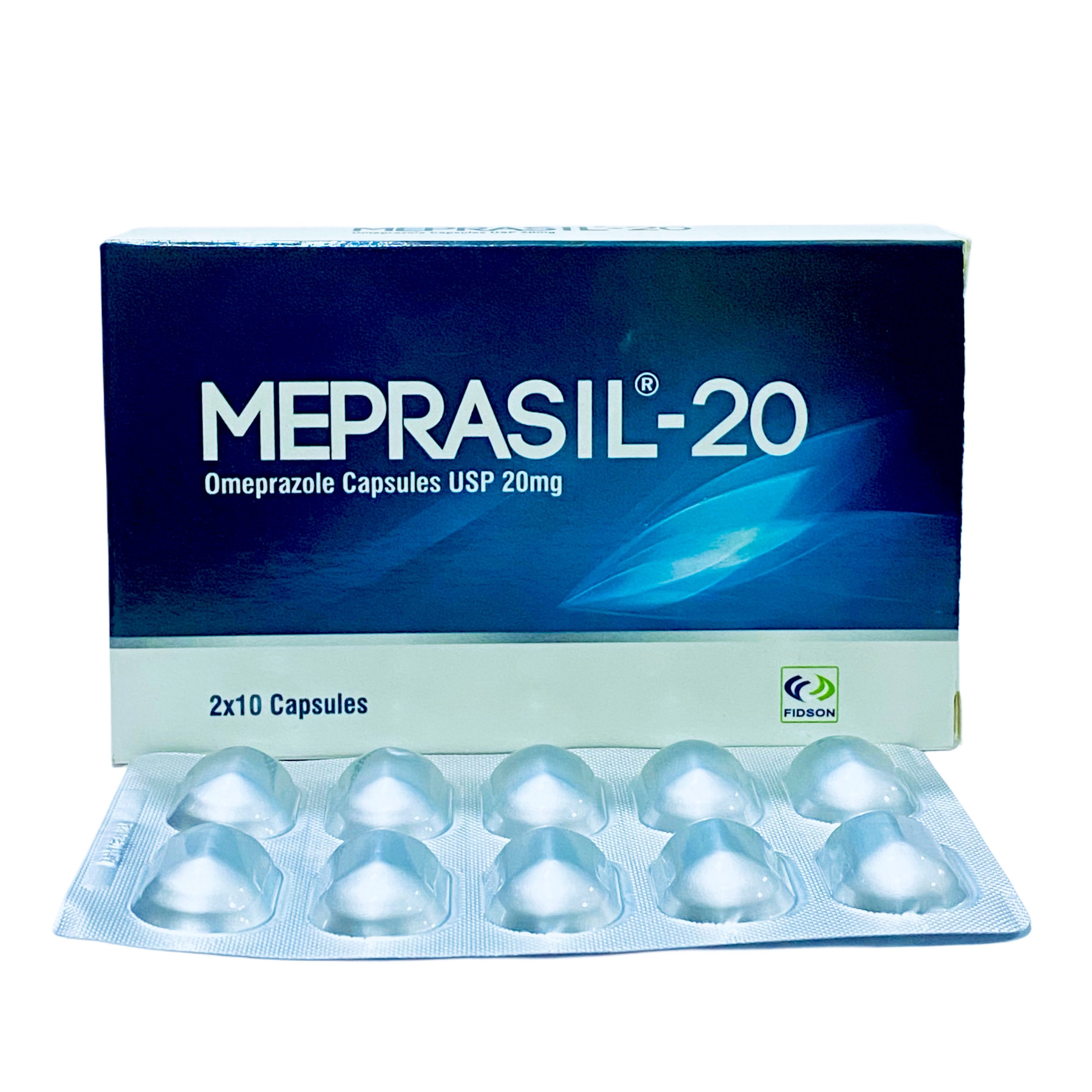
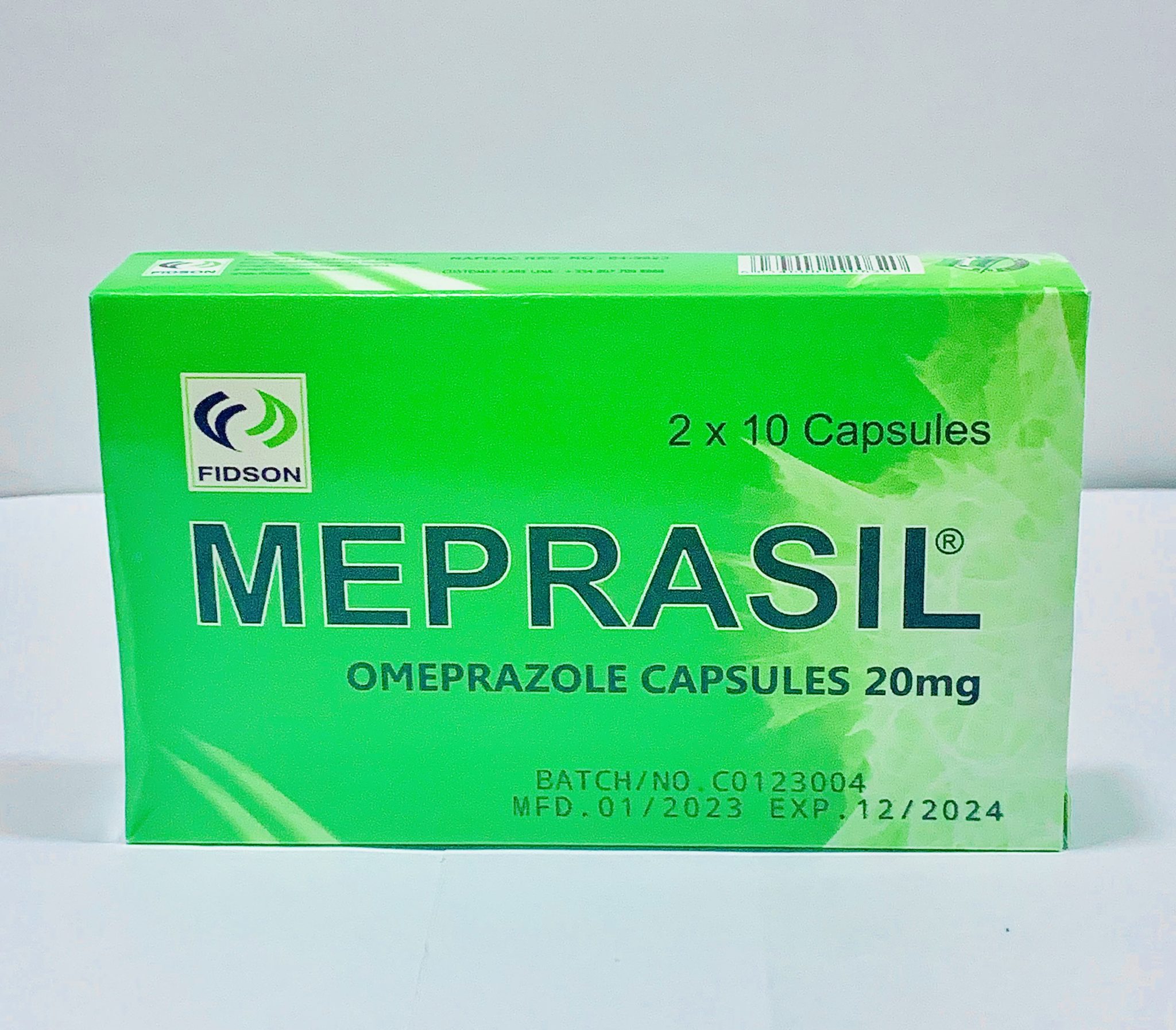
Reviews
There are no reviews yet.